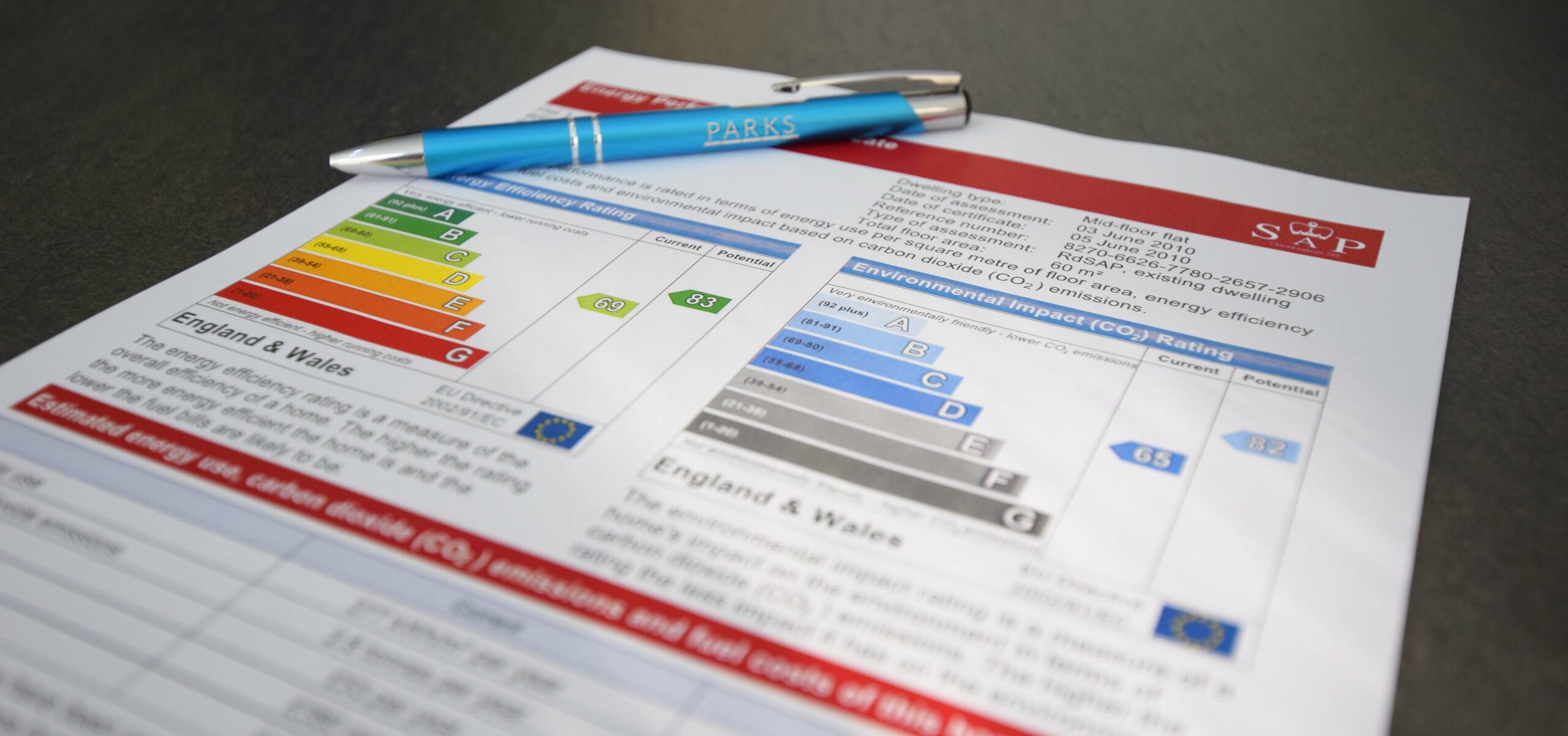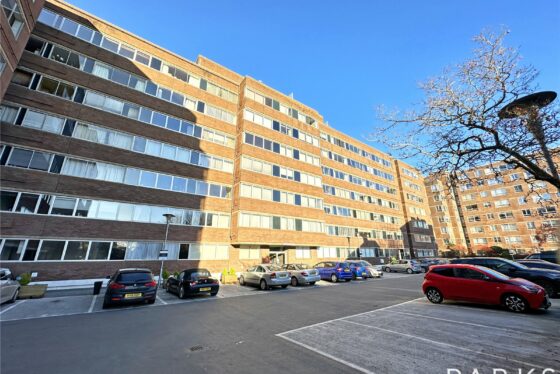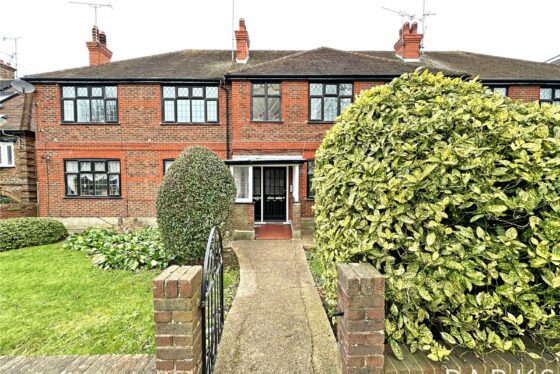Minimum Energy Efficiency Standard

In March 2015, the government introduced new legislation as a way to encourage Landlords to improve the energy efficiency of their rental properties. The government’s aim is to make rental properties more energy efficient, and in-hand become more desirable, decrease marketing time and void periods, and encourage tenants to stay longer.
Minimum Energy Efficiency Standard (MEES)
The Minimum Energy Efficiency Standard, known as MEES, was introduced by The Energy Efficiently (Private Rented Property) (England and Wales) regulations 2015. This regulation originated from the Energy Act 2011 and will affect all private rented properties where a tenancy is granted or renewed, including entering a statutory periodic period where a fixed term has expired and comes into effect from 1st April 2018. From this date, a property’s Energy Performance Certificate should achieve a minimum grade of an E in order to lawfully grant a new tenancy or a renewal.
What is an Energy Performance Certificate (EPC)?
An EPC is a report undertaken by a domestic energy assessor which gives a property an energy efficiency rating from A (most efficient) to G (least efficient) and is valid for a period of 10 years. An EPC is required whenever a property is built, sold or rented, and contains information about the property’s energy use, typical costs as well as recommendations about how to reduce energy use and save money on utilities.
Check your property’s EPC rating here
How does this legislation affect you as a landlord?
This may affect you if there is a proposed tenancy on your property or a renewal (including entering a statutory periodic after the fixed term has expired) from the 1st April 2018, and your EPC rating is below an “E”. During the start and renewal stages a landlord, or their agent, must provide a tenant with the property’s EPC certificate as part of their Prescribed Information. If the certificate demonstrates an “F” or “G” rating, the landlord will not be permitted to let the property. As of the 1st April 2020 this regulation will apply to all active tenancies, not just those renewing.
Exemptions are still accepted, but it is for the landlord to provide proof that works cannot be completed without affecting the architectural merit of the building to achieve a minimum rating of an E. If you believe your property is exempt an exemption must be registered on the National PRS Exemptions Register, or you can call us to discuss this in more detail.
Who will enforce this regulation?
The local authority is the enforcement authority for the regulation in the form of trading standards officers or environmental health. If the local authority considers a landlord is in breach of the rules they may serve a compliance notice requiring the landlord to provide evidence to the enforcement authority. Where the landlord has failed to comply with the compliance notice this could lead to a fine of £2000 and a publication penalty. We have been advised that there is a maximum penalty which applies to each property which is set at £5000.
How can Parks Help?
Please contact us if you wish to discuss this in more detail or if you are interested in any of the following services:
• To check whether your property may be exempt and to find out how to submit an exemption request
• If you are a current client we can confirm your current EPC rating
• To arrange for an EPC report
• To organise a quote for recommended works in order to improve your current rating to be able to comply











